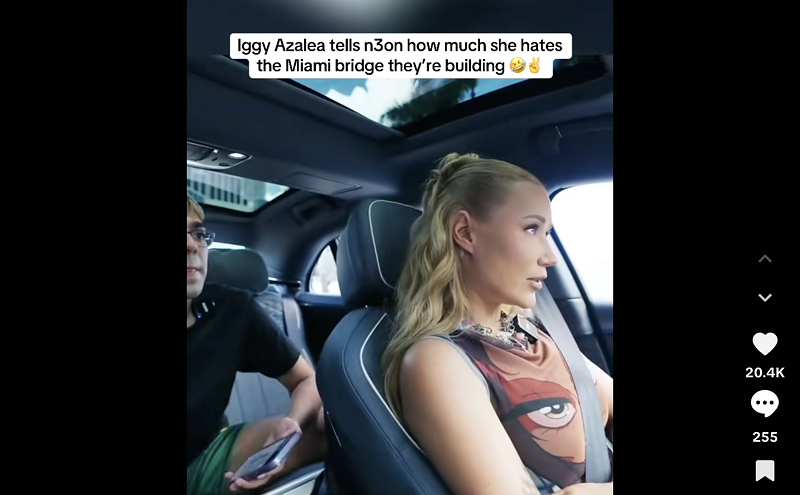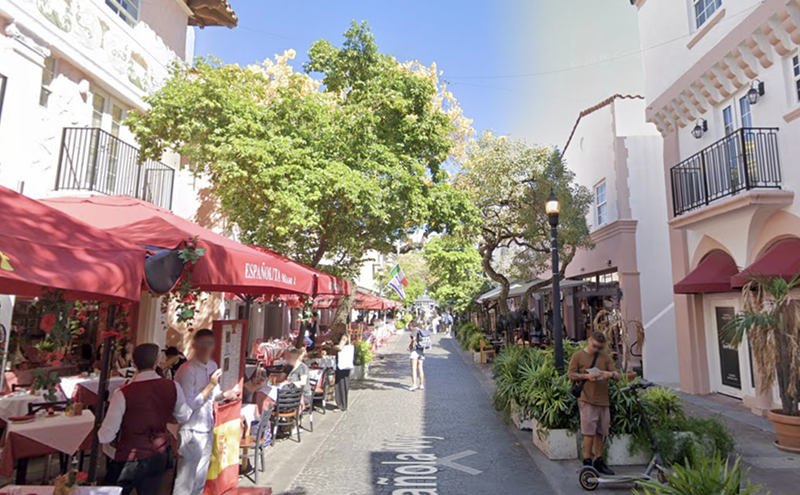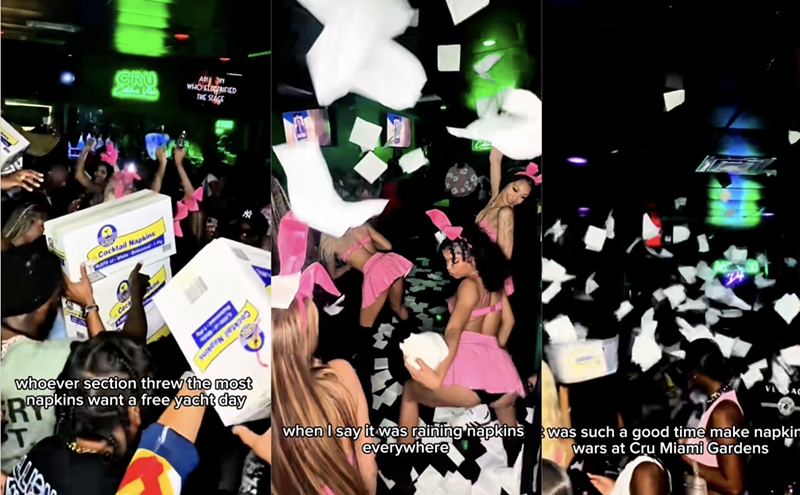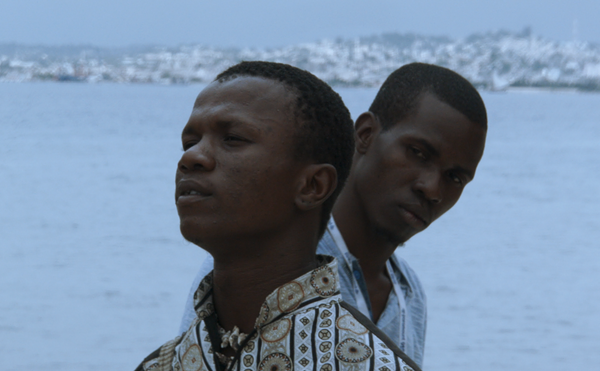The play is starkly simple, a series of extended dialogues with next to no onstage action and less theatricality. The story begins with a blind man sitting on a park bench in Buenos Aires. He's a famous writer/philosopher whose habit is to take the morning air in quiet contemplation. But this morning his meditation is interrupted by a middle-age banker who happens to recognize the writer. The banker, obsessed by his profession's usual preoccupations -- time and money -- is in a hurry, but nonetheless he sits down to chat with the writer, revealing his turmoil about a new romance. The banker's romantic encounter seems to have begun haphazardly, causing the blind author to wonder aloud: Is human experience a matter of chance or fate?
In the next scene, the writer -- clearly based on famed Argentine author Jorge Luis Borges, who died in 1986 -- is again sitting on his bench and again interrupted by another chance encounter. This time a troubled young sculptor tells a disquieting tale of what happened when she tried to help a dying artist friend. The play's narrative lurches to the office of a psychotherapist, who must deal with an unhappy patient who suddenly confronts her in a personal way. Soon after, the therapist herself turns confrontational in a bitter standoff with her husband. The play comes full circle back to the park bench on another fine morning when the writer happens to meet the therapy patient for what results in a surprising resolution.
But a mere account of the onstage events does not come close to describing Blind Date's compelling theatrical spell. The conversations appear at first to be random, as seeming strangers ramble on about the power of chance versus fate, the idea of parallel universes, and history-changing events. Yet taken together, these apparently unrelated characters connect in haunting, mysterious, and often unexpectedly funny ways. In the course of these simple scenes, Diament conjures two parallel narratives of the imagination, one in the past, another in the offstage present, filled with characters and events -- some passionate, some lyrical, and one disturbingly violent. The result is a tapestry of ideas, passions, and humor, all expertly entwined, a theatrical tour de force.
Borges haunts the play in ways that are overt and covert. The fame of the play's blind writer, his inquisitive mind, and his imposing demeanor certainly relate directly to Borges. His fond, sad memories of a long-ago love that was never consummated echoes Borges's famous heartache over Elsa Astete Millan, a young Argentine beauty who married another man. And the play's discussion of time, interlocking and intervening events, and the multiple permutations of history all recall Borges's preoccupation with these subjects in his famous short story "The Garden of Forking Paths" and other works. Diament isn't mimicking Borges; he's honoring and refracting the master, who clearly is one of Diament's role models, both stylistically and philosophically. Like Borges, who grew up speaking and writing in English as well as Spanish and who lived in several countries, Diament is an intercultural writer, an émigré and expatriate. Diament writes of and about Argentina, about identity and isolation, much as Borges did. But Blind Date is not a mere homage to Borges; it's Diament's creative gift, a loving valentine to the master. The play itself could be understood as a sightless person's take on dramatic events. Like the blind writer, the audience mostly hears the story onstage and envisions what's not there. Much of the play's impact comes from the world of the imagination.
The production features a strong acting ensemble and a fine display of what area-based performers can bring to challenging texts. Steve Gladstone anchors the production as the Borges-like author, bringing authority, intelligence, and a wry, wistful sense of humor. David Kwiat's banker is a man in midlife crisis, so out of touch with himself that he's coming apart at the seams. As the conflicted sculptor, Ursula Freundlich has never been better. Both Lisa Morgan as the tightly coiled therapist and Barbara Sloan as the restless, angst-ridden patient are memorable. The New Theatre's physical production is skillful but muted. De Acha continues to demonstrate a subtle, understated skill with both the text and the performances, but he hasn't brought his usual visual flair to Diament's talk-heavy text. Likewise Howard Schumsky's spare set, a series of revolving panels, and Travis Neff's soft-hued lighting add splashes of color but don't make much conceptual impact. Ozzie Quintana's subtle sound design follows this trend, with low-key natural sounds, but the evocative, edgy tango selections, à la Carlos Gardel, add a nice touch of danger, romance, and melancholy.
Theater Writers Wanted












